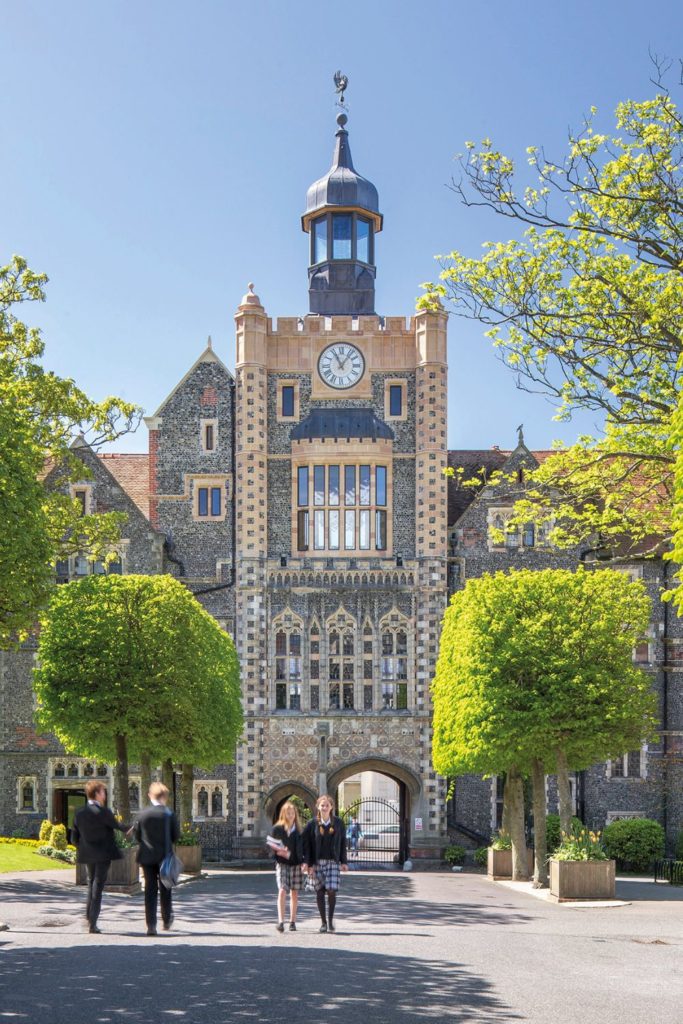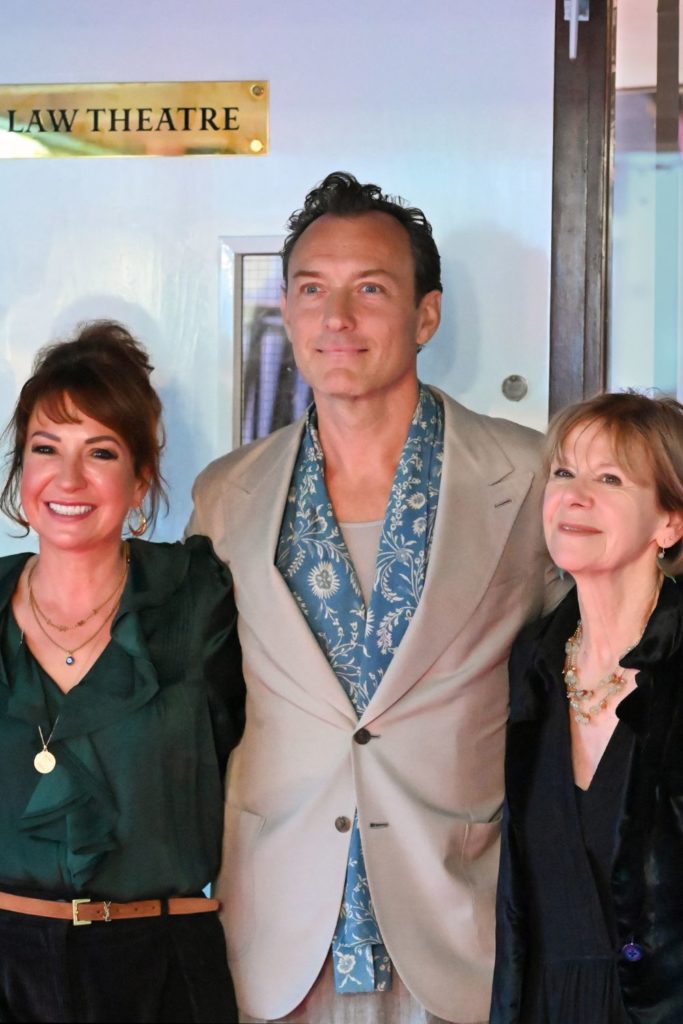Women, Girls & Climate Change
By
3 years ago
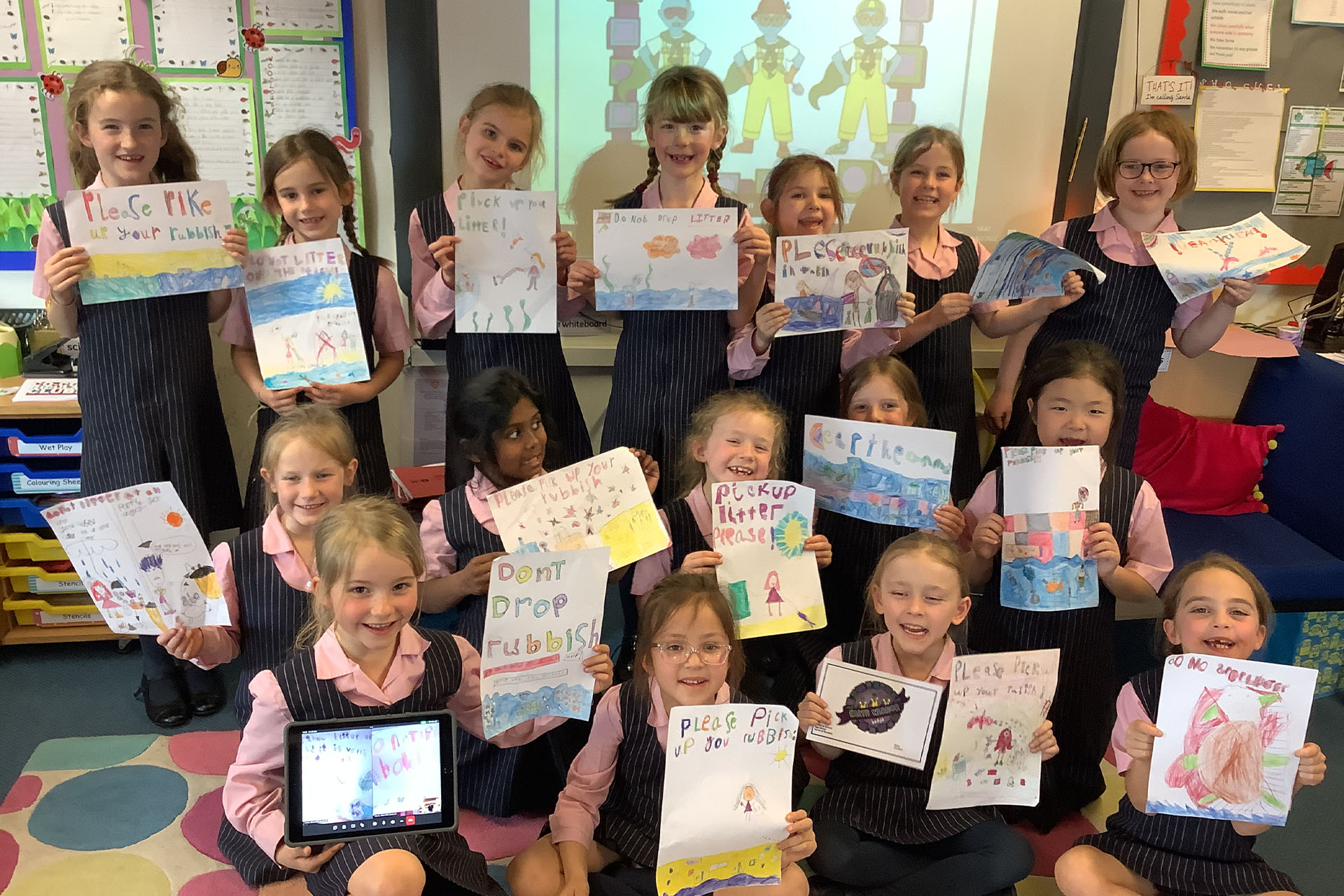
Alex Wrigglesworth, GDST Trust Consultant Teacher for Sustainability, discusses sustainability and climate change education.
When we discuss the value of education in building a better world for the future, sustainability and climate change education must be part of the conversation. But it must be future-positive and action orientated. Learning about climate change and sustainability can be troubling for young people, particularly when they start to understand the complex and systemic nature of the issues. Nationally, we’re seeing a rise in eco-anxiety and the negative effects of climate change on mental wellbeing in young people. Yet education holds the key to solving the challenges of our time and climate change is arguably the biggest that we’ll face.
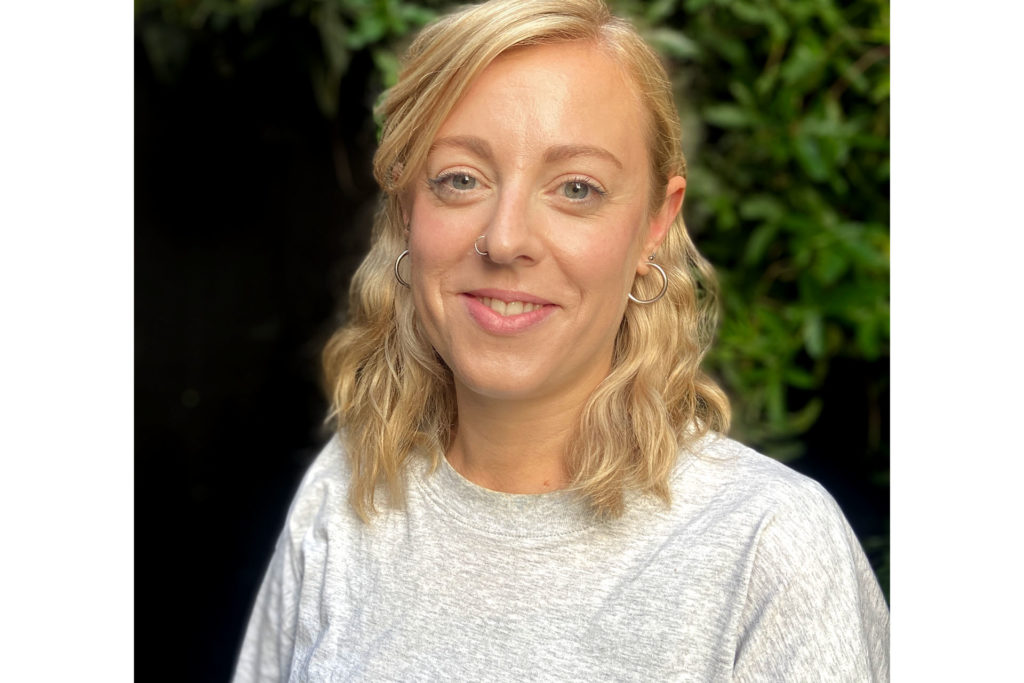
As COP27 begins, a pivotal issue which emerged on Gender Day at last year’s summit lingers, that ‘forgotten and disadvantaged’ women needed to be given a voice in the climate conversation. The link between women, girls, and climate change is becoming increasingly familiar, but remains one that demands continuous attention. Climate change is not a gender-neutral issue and affects women and girls more significantly. The UN describes climate change as a ‘threat multiplier, one that escalates social, political, and economic tensions’. In many countries, women and girls are responsible for domestic tasks, so they often suffer the most when shortages occur or are made worse by the climate crisis. Barriers to girls’ education are multiplied by the effects of climate change and the negative impact on educational attainment undermines the socioeconomic prospects of girls.
Vanessa Nakate, the 24-year-old Ugandan climate activist says: ‘There exists an environmental solution that can reduce inequality, build resilience to the climate crisis, and reduce emissions all at the same time. It’s called educating girls and young women, and it needs to happen now’. Additionally, the Brookings Institution identified girls’ education as one of the best and most cost effective investments against climate change. Amidst the news of the climate crisis, it is solutions like these that give us hope for a positive future.
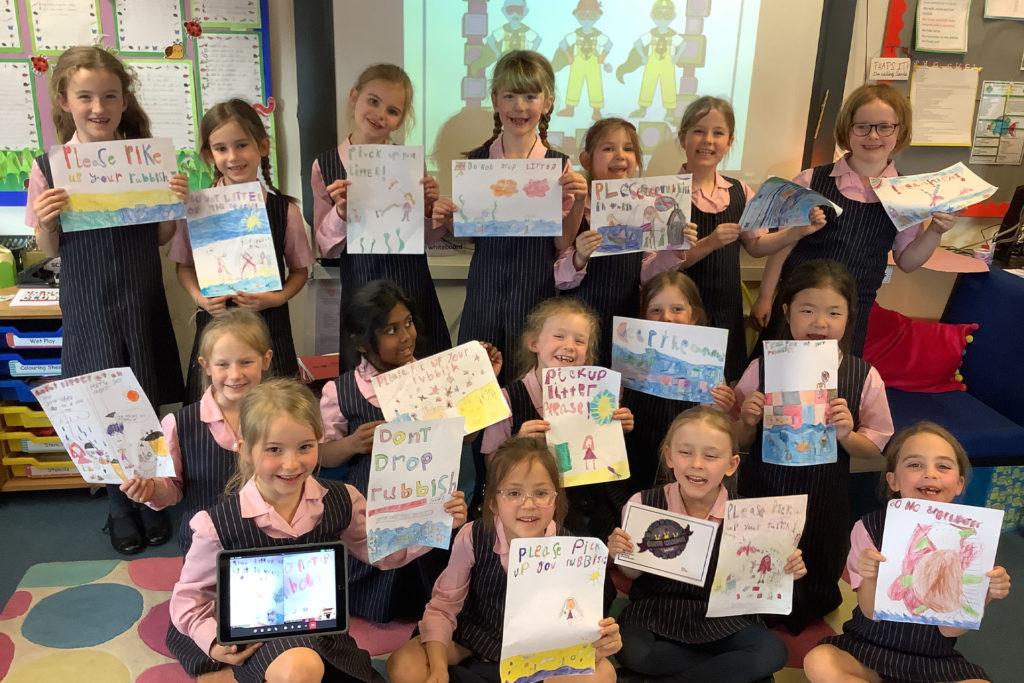
Young people need to know that there is work that can be done, and we as educators need to communicate that knowledge goes hand in hand with action. GDST schools are empowering students to take part in this work. In a research report to mark the trust’s 150th anniversary, we found that Environmental Issues, Sustainability and Women’s Rights were ranked as the top three issues that girls believe they can impact. It sends a clear message that girls are already prioritising climate change and gender equality.
As a wider school community, we can explore the intersection between climate change and gender equality; how factors such as geographical location, age and disability operate together to exacerbate climate change risks for women and girls. Our schools do this through programmes such as Students Organising for Sustainability (SOS) and Teach the Teacher inset sessions, where young people teach their teachers about the aspects of climate change that matter to them.
Raising awareness, coupled with a focus on empowerment and skills development that leads to changemaking is a crucial first step. UNIDO describes Green Skills as ‘knowledge, abilities, values and attitudes needed to live in, develop and support a sustainable and resource efficient society.’ Within that, there’s room for every subject and every key stage of education to facilitate this development.
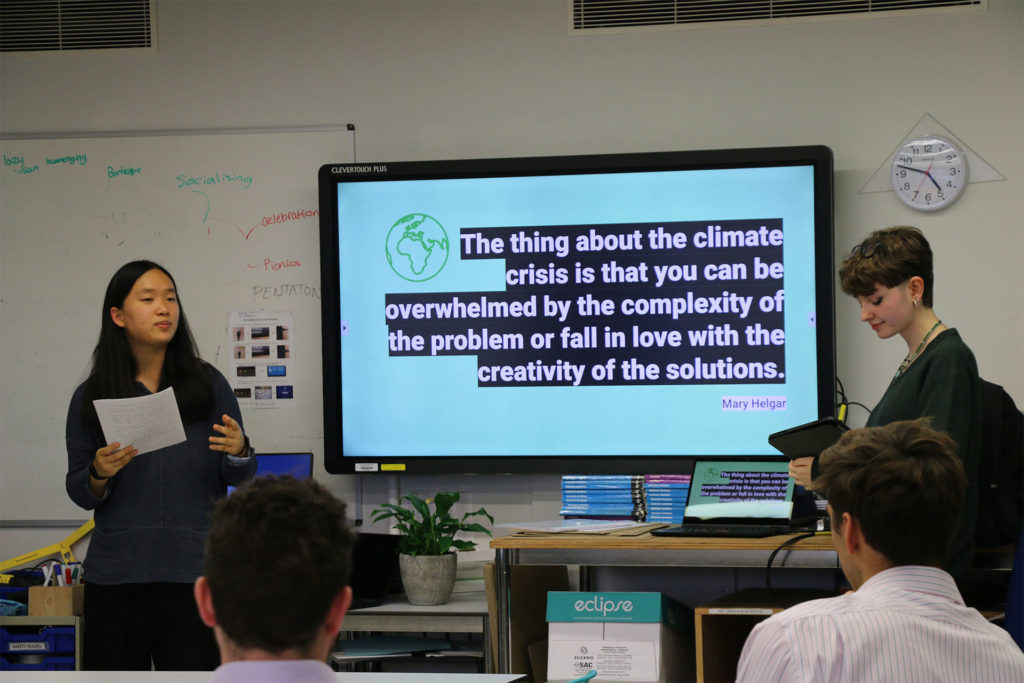
We can seek out and champion female role models who advocate for women and girls being centre of the conversation on climate change and sustainability. We should also encourage students to show solidarity with women and girls from marginalised communities. These women should not, and do not want to be seen as victims. Therefore, we must take care not to compound unhelpful narratives which could exacerbate tropes of vulnerable women that don’t have the capacity to take action. Instead, we need to listen to their stories and give space so that their voices can be heard. I believe schools are well placed to facilitate these conversations.
Promoting local and international partnerships that facilitate the exchange of knowledge and develop student understanding of embodied experience is crucial here. Through collaborative projects, we can empower our students to make a positive difference and encourage them to become proactive global citizens. Finally, we can champion the use of creative problem-solving and risk-taking so that girls feel they can be part of the conversation and part of the solution.
Read more:
The Beacon and Heatherton School Collaborate For Remembrance | Abbey College Manchester to Offer Professional Cycling Course

